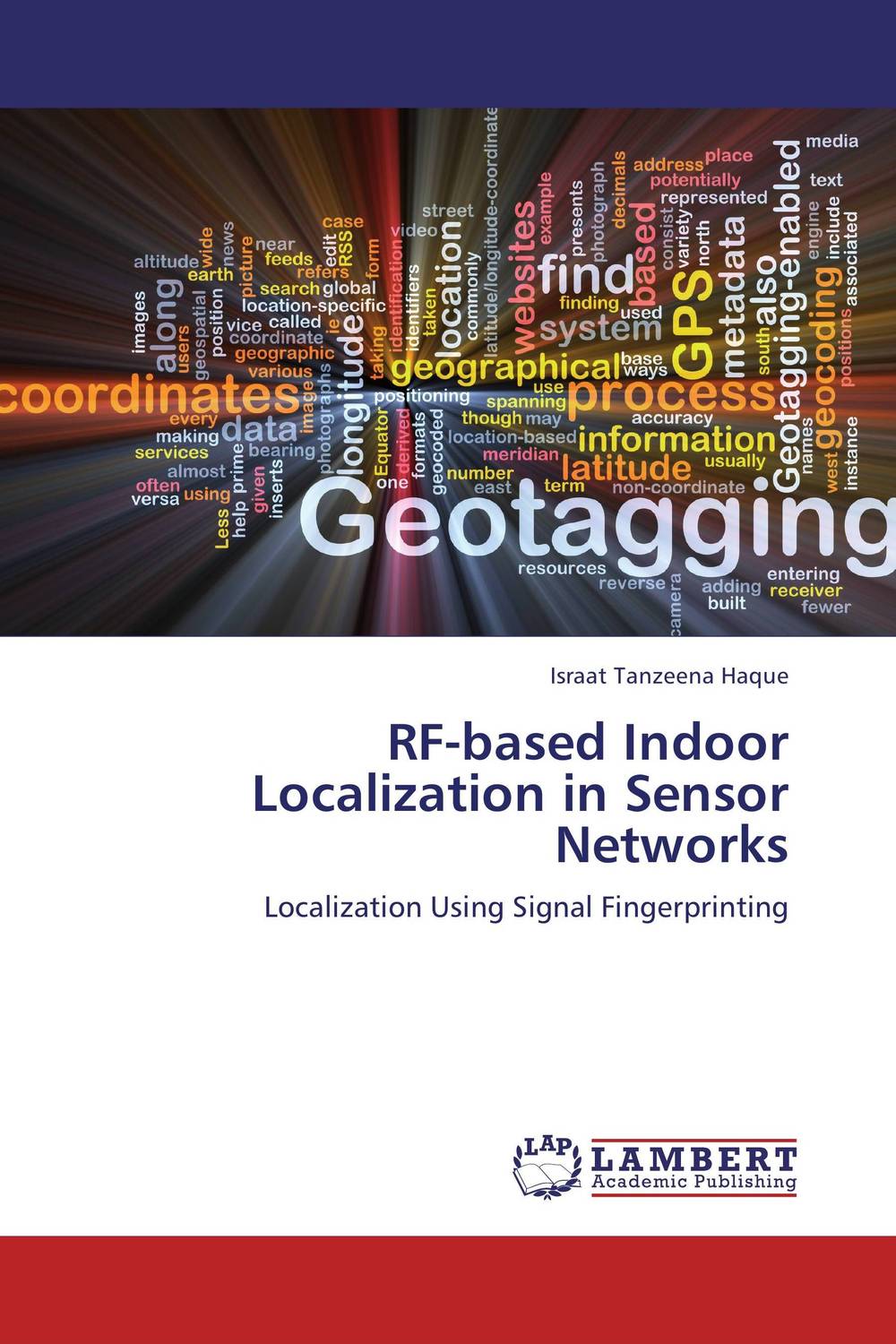In this book a Received Signal Strength (RSS) based indoor localization system, dubbed LEMON, based on low-cost low-power wireless devices is proposed, which offers better accuracy than the state-of-the-art. A simple RSS scaling trick is then used to further improve the accuracy of LEMON. Furthermore, we study the effect of the node orientation, the number and the arrangement of the infrastructure nodes and the profiled samples, leading us to further insights about what can be effective node placement and profiling. We also consider alternate formulations of the localization problem, as a Bayesian network model as well as formulated in a combinatorial fashion. Then performance of different localization methods is compared and again LEMON ensures better accuracy. An effective room localization algorithm is developed, and both single and multiple channels are used to test its performance. Furthermore, a set of two-step localization algorithms is designed to make the LEMON robust in the presence of noisy RSS and faulty device behavior. Это и многое другое вы найдете в книге RF-based Indoor Localization in Sensor Networks (Israat Tanzeena Haque)
RF-based Indoor Localization in Sensor Networks Israat Tanzeena Haque
Подробная информация о книге «RF-based Indoor Localization in Sensor Networks Israat Tanzeena Haque». Сайт не предоставляет возможности читать онлайн или скачать бесплатно книгу «RF-based Indoor Localization in Sensor Networks Israat Tanzeena Haque»
